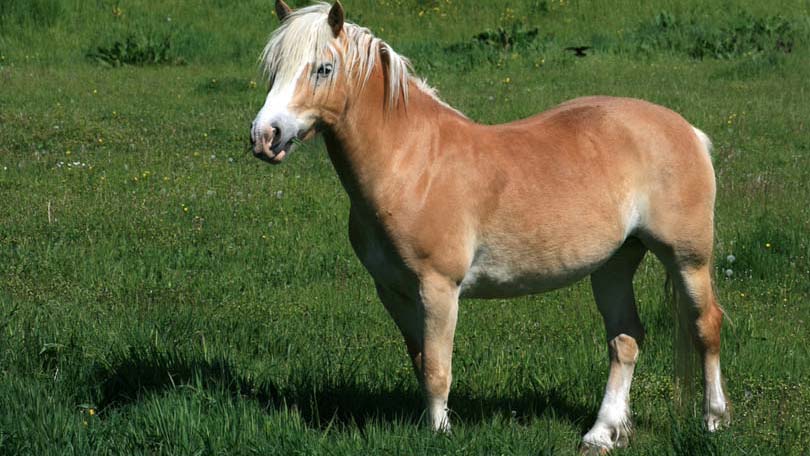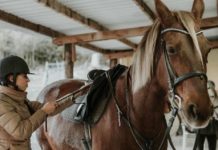
Buying a horse can be very exciting, but it is a serious matter that requires a lot of thought beforehand. It is important to remember that the initial cost of the animal may seem large, but it is nothing in comparison to the constant care he will require in the months and years to come.
There are many different breeds and purposes for a horse, so it is important to know ahead of time what you will be expecting out of this animal. It would be very unfair for you to buy a reliable family type horse and expect him to compete at high end dressage shows, the same way it would be unfair to buy a horse off the race track and expect him to be safe and quiet enough for your child. Finding the right match means that you must be honest and realistic about your goals and aspirations.
In your search for a great family pet, you may want to start by contacting local trainers, boarding stables, and 4-H clubs to see if they know of any horses for sale. You may look in the classified section of newspapers, but be cautious of people trying to unload their problems onto you. A good family horse or trail riding mount should be quiet, willing, and in good health. If the horse has competed in any type of 4-H activities, then you know he is accustomed to activities beyond that of the pasture. Riding the horse yourself is important. If you are not comfortable with him or feel intimidated in any manor, this may not be the horse for you.
If you are looking for a competitive show horse, start looking at the source. Attend as many shows as you can, at all different levels. Different breeds also have different abilities and benefits, so be sure to explore all possibilities. If you have been taking lessons, your instructor can probably direct you to some horses for sale in your discipline. By attending shows at various levels, you can see where it is that you fit in, as well as where your budget fits. To buy a finished show horse that can compete at a national level may cost may than you can afford, but a regional or local level show horse may be within your budget.
There is also the prospective show horse. This is more of a bargain, but can turn out to be a worthy investment. Young or green horses, usually between two and four years of age can be a marketable venture. Provided that pedigree, conformation, and conformation all lend to the horse to a bright future, the chances are good you will come out on top. The prospect will need further training and guidance than the seasoned competitor, so be sure you can afford to pay the monthly training and show fees, or be capable enough to manage this task on your own.
No matter what kind of horse you buy, a pre-purchase examination conducted by a veterinarian of your choice is highly recommended. The details of the examine will vary depending on what you want looked at, as well as the intended purpose and value of the animal. A basic examine will include listening to the heart and lungs, eye inspection, blood work, flexion tests, and watching the animal ride or lunge in order to evaluate movement. A more complex exam can include x-rays of the ankles and hocks, as well as hooves. This is done to ensure that there are no physiological changes in the animal. Some people have the animals scoped to ensure that there are no breathing difficulties.
Suitability of horse to rider is the biggest concern. The age and level of the horse, the age and level of the rider, and expectations must come into play. For example, a twenty-year-old horse may look and feel safe for an eight-year-old child, but she will soon outgrow the abilities of this aging animal.





